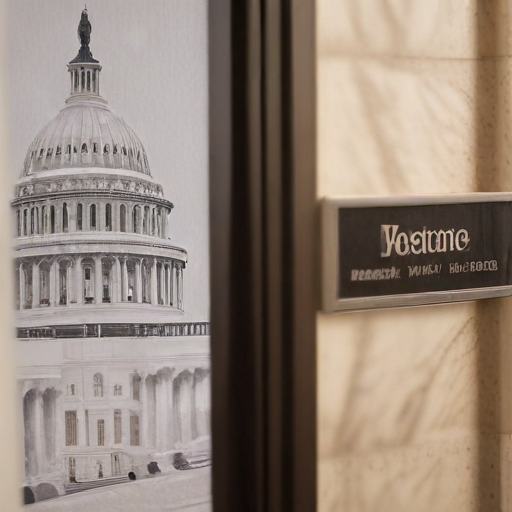Rep. Nancy Mace from South Carolina announced a resolution aimed at prohibiting transgender women from utilizing female restrooms within the U.S. Capitol. This move comes shortly after the historic election of Sarah McBride, who is poised to become the first openly transgender member of Congress. Mace’s proposal, introduced on Monday, seeks to enforce the use of single-sex facilities that align with an individual’s biological sex for lawmakers and House employees.
When questioned about whether her proposal was directly responding to McBride’s election, Mace affirmed, “Yes and absolutely.” She reiterated her strong stance against allowing transgender women access to women’s restrooms, locker rooms, and changing facilities, promising to oppose such measures vigorously.
Mace is not stopping at the Capitol; she aims to include her resolution in the House rules for the upcoming Congress. Additionally, she is drafting legislation to establish similar bans on federal property and in federally funded schools.
In response to these developments, McBride shared a message on social media, calling for kindness and respect among colleagues, highlighting that diverse life journeys should be embraced in a professional environment.
Rep. Marjorie Taylor Greene expressed more extreme views on the matter, stating that Mace’s legislation “doesn’t go far enough” and suggesting a willingness to confront McBride if she uses women’s facilities.
House Speaker Mike Johnson addressed the situation, emphasizing the importance of dignity and respect for all representatives. He acknowledged that this is an unprecedented issue, but assured that accommodations for McBride would be made, reflecting a careful and collaborative approach to resolving the differences within Congress.
As political discussions continue on this sensitive topic, there remains hope that mutual respect and understanding can pave the way for constructive dialogue. The conversations initiated by McBride’s election may lead to a broader acceptance and acknowledgment of diversity within legislative spaces.
This situation may indeed serve as a turning point, encouraging lawmakers to consider inclusive policies that reflect the changing societal landscape.
